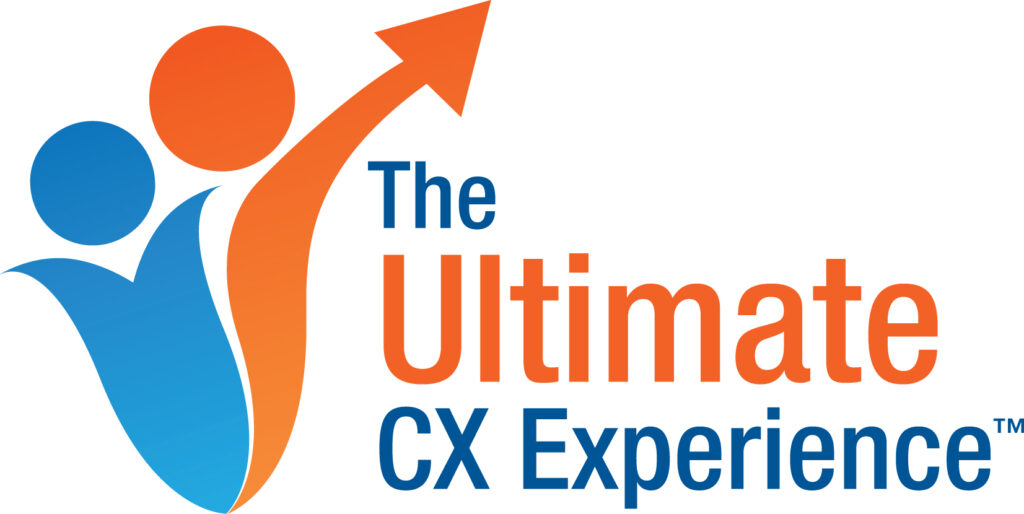
We listen to a lot of phone calls coming in to dental practices.
A lot.
A truckload.
These are not *mystery shopper* calls where someone is pretending to be a caller, but is trying to TRICK the receptionist.
We actually listen to recordings of real members of the public, both new patient enquiries and existing patients, phoning in to dental practices.
We hear both the caller and the dental receptionist interacting.
We hear what the caller is saying and asking. And we hear what the receptionist is saying and asking.
We are not doing a *walk past the dental front desk and overhear part of one side of a two person conversation*.
We are hearing, and listening to, and analysing the whole enchilada.
And not just one enchilada.
We are hearing tens and hundreds of phone conversations day in and day out and week in and week out from the same employees and the same practices….
So we get to know who at each dental practice needs assistance with different parts of and varying types of dental office phone calls.
And what we hear and what we do is not something that is easily and immediately fixable with a one hour webinar….
Sometimes some of the most experienced dental receptionists are making some of the most elementary mistakes, and are unaware that what they are saying could actually be said in a different way to achieve a better result, if only someone in the practice had the time to spend listening to their calls, analysing their calls and habits, coaching them through their adjustments, reviewing their progress, and encouraging their improvement with regular accountability.
Rather than just simply being offered *walk by* advice from someone in the office who more often than not doesn’t even answer the practice phones?
The biggest mistake…
The biggest mistake I hear when I listen to recordings of dental office phone calls is that the receptionist does not find out who the caller is [their name], before they start looking for an appointment for the caller, or before they tell the caller that their doctor is so wonderful that he is booked out for three months solid.
They don’t find out if the caller is a patient of the practice, or whether the caller has been in recently, has spent a lot of money at the practice, or has had a recent “difficult” procedure at the practice.
The receptionist just goes looking in their appointment schedule for a blank slot to fill. This receptionist is not really a receptionist at all. She is a SLOT FILLER.
The second biggest mistake…
The second biggest mistake I hear is when a caller asks if the practice is taking new patients and the receptionist immediately becomes a DATA COLLECTOR, collecting date of birth, address, phone number, name, and health insurance, without finding out what the caller is looking to have done at the dental office and whether or not the caller is in any discomfort or pain.
The data collection always begins immediately after the dental receptionist has located the slot they are going to fill.
Find out who you are talking to…
If you answer your dental office phone, find out firstly who you are talking to [their name] and if they are an existing patient of the practice, bring up their chart and their history to see how long they have been coming to the practice, what they have recently had done, and how much money they may have spent on their oral health over the years.
Failing to do this each and every time that the phone rings before going in to SLOT FILLER mode is downright rude.
So many times I listen to dental office phone calls and the caller is treated like a total stranger.
Every caller to our dental office is a real person with a dental concern or problem that they are looking to us to solve for them.
Each call to a dental office is an opportunity to help someone.
Sadly, I often listen to phone call recordings where I feel that the call has been an interruption for the person answering.
Finding out exactly who we are talking to before we begin to listen to their enquiry, along with trying to solve their problem is not only common courtesy, it’s also plain old common sense.
*************

Dr. David Moffet BDS FPFA CSP is a certified CX Experience coach. David works with his wife Jayne Bandy to help SME businesses improve their Customer Service Systems to create memorable World Class experiences for their valued clients and customers. Click here to find out how David and Jayne can help your business
